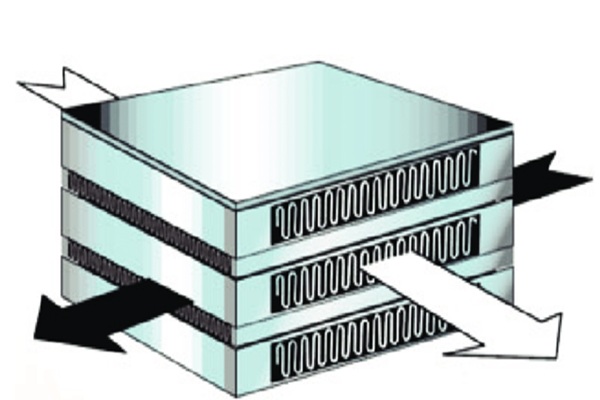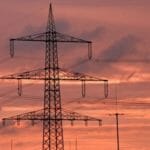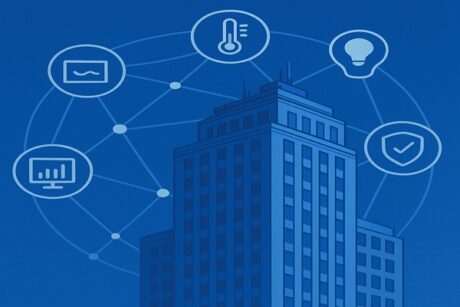- Course No E – 2096
- PDH Units: 3
No data found for Custom Course Number
No data found for Custom Course Units
- Course No E – 2096
- PDH Units: 3
Intended Audience: Energy, Mechanical and Environmental Engineers.
PDH UNITS: 3
This comprehensive course explores the principles and applications of natural gas liquefaction systems. A special focus is given to the Closed Expansion Liquefaction Process. Students will gain in-depth knowledge of thermodynamic principles, process equipment, and system optimization in LNG production. The course covers various liquefaction technologies, including cascade systems, mixed refrigerant processes, and expansion-based systems, with practical applications in industrial settings. For this intermediate-level course, the learner must have a basic knowledge of LNG and its uses.
Learning Objectives
The learning objectives of THIS SESSION Eight are to understand at an intermediate level the following: Upon completion of this course, students will be able to:- Analyze thermodynamic principles and energy balances in natural gas liquefaction processes, including enthalpy changes and compression work calculations
- Evaluate the performance characteristics of key equipment components such as compressors, heat exchangers, and expansion devices in LNG systems
- Compare and contrast different liquefaction technologies, including their advantages, limitations, and industrial applications
- Calculate process parameters and optimize operating conditions for maximum efficiency in open expansion liquefaction systems
- Design and troubleshoot heat exchanger networks for effective temperature control and process efficiency
- Apply principles of mixed refrigerant systems and understand their role in achieving required liquefaction temperatures
- Assess the impact of process variables such as pressure, temperature, and composition on LNG product quality and system performance
- Understanding how to safely, reliably, and efficiently operate an LNG plant
- General characteristics of LNG and safety
- Liquefaction pretreatment,
- Liquefaction systems,
- LNG tanks, valves, pumps, vaporizers, auxiliaries, and other LNG plant equipment.
- BOG management and plant operations
- Transporting LNG
- Efficient operation of LNG facilities
- Importance of philosophies, procedures, maintenance, and modes of operation.
- Understanding the thermodynamic relationship that governs the behavior of zeotropic hydrocarbons.
Once completed, your order and certificate of completion will be available in your profile when you’re logged in to the site.










